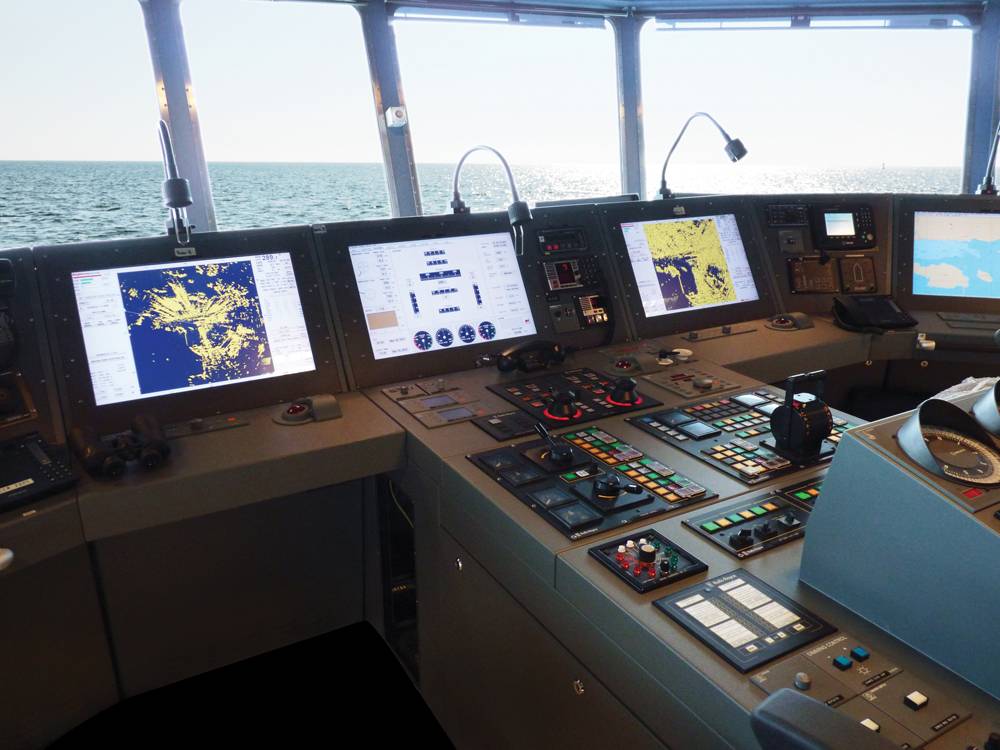Navigating the Path to Becoming an Accredited Navigation Assessor

In the dynamic world of maritime industries, ensuring safe and efficient navigation is paramount. This responsibility falls on the shoulders of accredited navigation assessors who play a crucial role in evaluating and maintaining navigational standards. If you aspire to become an accredited navigation assessor, this article will guide you through the journey, highlighting the steps and key considerations along the way. Additionally, we will explore the significance of the role in the bustling port city of Rotterdam, where marine surveyors are in high demand.
Understanding the Role of an Accredited Navigation Assessor
Before delving into the path to becoming an accredited navigation assessor, it’s essential to comprehend the significance of this role. Accredited navigation assessors are professionals responsible for evaluating and ensuring that navigational equipment and procedures meet established safety standards. They play a pivotal role in enhancing the safety of maritime navigation, preventing accidents, and safeguarding the environment.
Educational Requirements
Bachelor’s Degree in a Relevant Field
To embark on the journey of becoming an accredited navigation assessor, a solid educational foundation is essential. Many aspiring assessors pursue a bachelor’s degree in maritime studies, marine engineering, or a related field. This provides them with a comprehensive understanding of maritime operations and navigation systems.
Gaining Practical Experience
Beyond formal education, practical experience is invaluable. Spending time working on vessels, in ports, or with maritime organizations can provide essential insights into navigation procedures and equipment.
Professional Training and Certification
Becoming an accredited navigation assessor typically involves specialized training and certification. Here’s where the keyword “accredited navigation assessor” comes into play. Seek out accredited programs that offer relevant training and certification in navigation assessment. These programs will equip you with the knowledge and skills needed to perform assessments effectively.
Read also: Common Myths About Buying Used Cars
Networking and Industry Involvement
Building a strong professional network is crucial in the maritime industry. Join industry associations, attend conferences, and participate in events related to navigation assessment. Connecting with experienced assessors and industry experts can provide valuable insights and opportunities for career advancement.
The Role of Marine Surveyors in Rotterdam
Now, let’s shift our focus to the maritime hub of Rotterdam, where marine surveyors, including navigation assessors, are in high demand. Rotterdam’s bustling port is one of the largest in Europe, handling vast amounts of cargo and welcoming ships from around the world. This makes it a hotspot for maritime professionals.
Marine Surveyor Rotterdam, including accredited navigation assessors, play a critical role in ensuring the safe and efficient movement of vessels. They assess navigation equipment, conduct safety inspections, and provide recommendations to enhance navigational procedures. The importance of their work cannot be overstated in a port city that serves as a gateway to European trade.
Conclusion
Becoming an accredited navigation assessor is a rewarding career path for those passionate about maritime safety and navigation excellence. It requires a strong educational foundation, practical experience, specialized training, and a commitment to staying current in the field. In maritime hubs like Rotterdam, the demand for skilled marine surveyors, including navigation assessors, continues to grow, offering exciting opportunities for those looking to make a difference in the maritime industry. So, if you’re ready to embark on this journey, start by taking the first step towards becoming an accredited navigation assessor.
Read also: Car Shipping and Vehicle Storage



